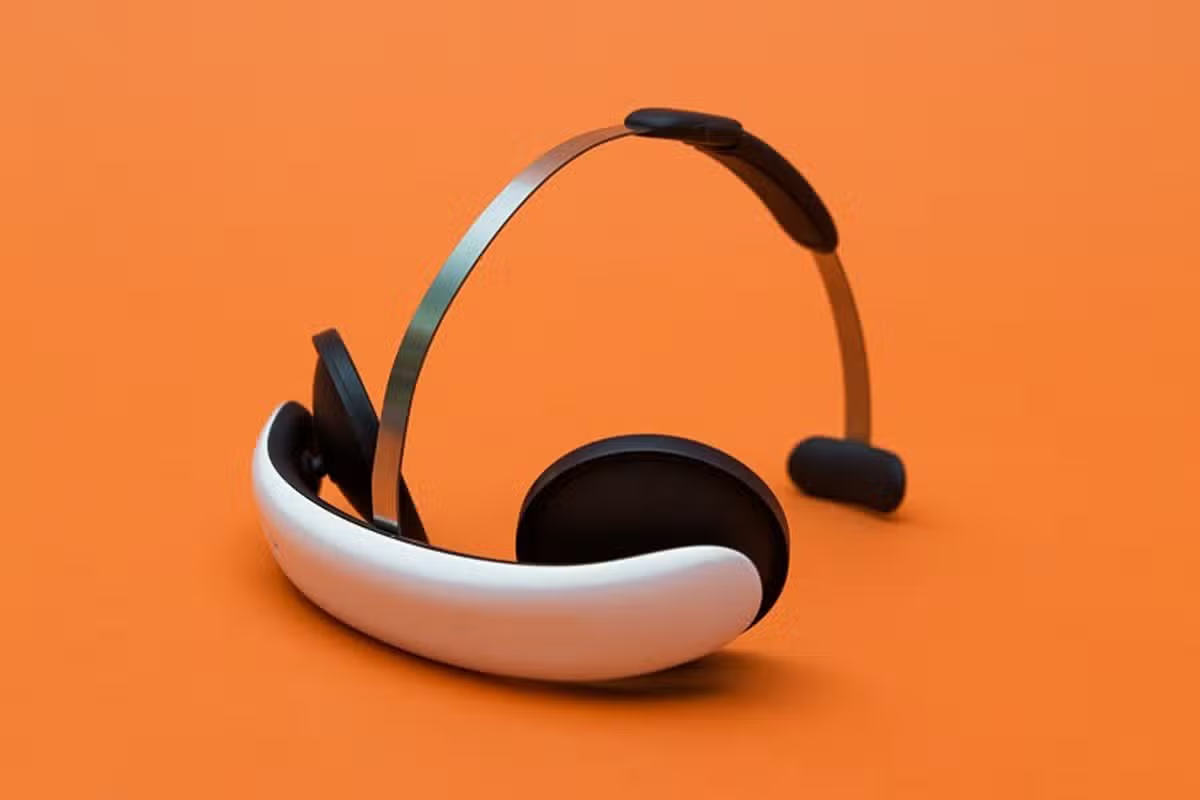The Flow Neuroscience electric headset, utilizing transcranial direct current stimulation (tDCS), has emerged as a promising non-invasive treatment for depression. Clinical trials conducted by the NHS have demonstrated significant improvements in depressive symptoms for many users, offering a potential alternative to traditional therapies like medication and cognitive behavioral therapy.
Flow Neuroscience Headset Mechanism
The Flow Neuroscience headset operates by delivering weak electrical currents to the dorsolateral prefrontal cortex, an area of the brain associated with depression. This stimulation is achieved through electrodes placed on the forehead, which are controlled via a Bluetooth-connected app. The app not only ensures correct positioning of the headset but also regulates the electrical current and provides virtual behavioral therapy sessions. Users typically undergo 15-30 minute sessions, five times a week, with many reporting significant improvements within a few weeks.
NHS Trial Results
The six-week NHS trial conducted by Northamptonshire NHS Foundations Trust revealed that over 58% of participants experienced significant improvements in their depressive symptoms, with one in three achieving complete remission. The trial involved patients using the Flow Neuroscience headset for 30 minutes daily, demonstrating the device’s potential as a non-pharmaceutical treatment option that complements traditional therapies like medication and cognitive behavioral therapy.
Patient Testimonials
James Maynard, a participant in the NHS trial, shared that using the Flow Neuroscience headset daily significantly improved his sleep quality and mood, positively impacting his daily life and relationships. Ashley Riley, another user, emphasized that the device was crucial in his recovery, allowing him to resume his role as a full-time father and reducing his reliance on medication. Both testimonials highlight the potential of this non-invasive treatment to enhance the quality of life for individuals struggling with depression.
Future Research and Safety
While the initial results of the Flow Neuroscience headset are promising, the long-term benefits and potential for relapse after discontinuation remain uncertain. Dr. Anita Raja, a GP, emphasized the need to understand what happens when patients stop using the device, questioning whether they might become depressed again. Further research is essential to explore these aspects and to confirm the device’s sustained efficacy and safety. Additionally, the device is considered safe to use alongside antidepressants, with some studies suggesting that combining both treatments may enhance effectiveness.






